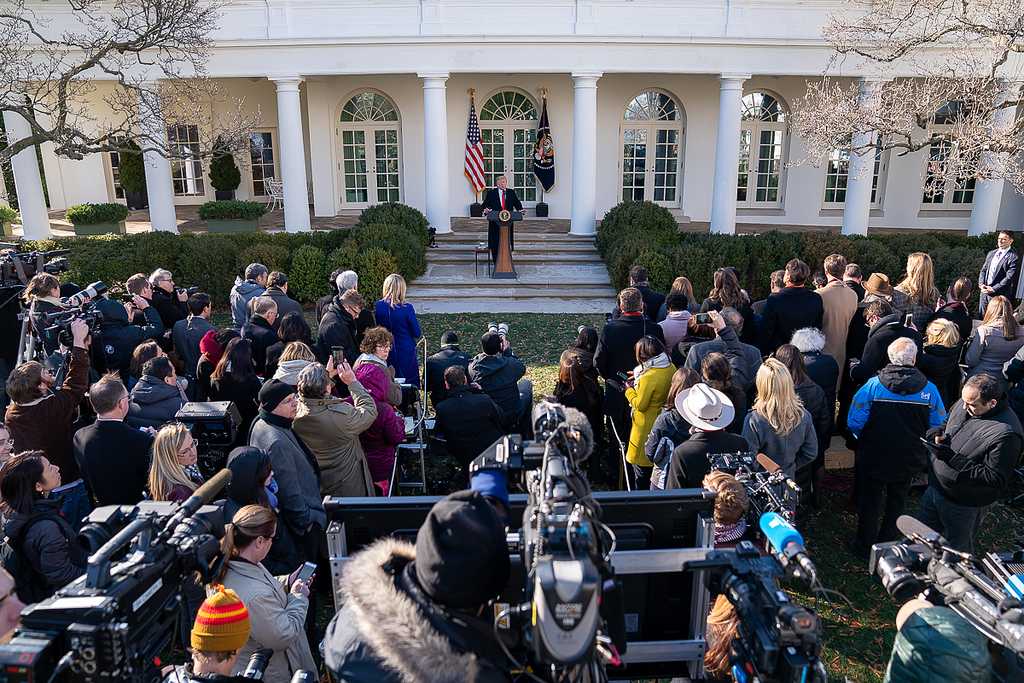_Madi Baughman is a sophomore journalism major at MU. She is an opinion columnist who writes about political and civil rights issues for The Maneater._
It seems like just yesterday we were dealing with a government shutdown and we’re unsure of whether or not we will face another in the future. As of Tuesday, Feb.12, President Trump has declared a national emergency and said another government shutdown is unlikely. However, the tension between the president, Congress and the public has yet to be broken.
Dealing with possible spending bills and creating new budgets is like dancing on glass when it comes to this administration and no matter what happens, not everyone is going to be happy.
With that being said, no matter who’s “unhappy,” it’s clear that the government isn’t quite taking into account the opinions of the people they’re supposed to represent. 58 percent of Americans oppose the wall altogether, according to a poll done by Pew Research Center.
While this may appear to be a narrow majority, it’s worthwhile to mention that only 29 percent of Americans thought it would be “unacceptable” to reopen the government without physically creating a stronger border with Mexico during the shutdown — much less than the majority needed that would have been deemed acceptable for the government to stay closed.
And their disapproval of the shutdown is justified. Around 800,000 government workers were furloughed or forced to come to work without being paid, risking losing their jobs if they did not show up. This didn’t just hurt government workers, though. Everyone from small business owners to workers at huge business chains felt the sting of the shutdown. 35 percent of small businesses nationwide said that they were negatively affected by the shutdown and another 13 percent reported a direct loss of revenue from having a contract with a government agency, according to a CNBC survey. There’s no telling what another shutdown could do to our economy, especially since some people are still struggling to bounce back.
Aside from the loss of work and revenue, many government-funded operations also took a hit, such as the U.S. Food and Drug Administration and the National Park Service. These are organizations that we take for granted in day-to-day life, but they make a huge impact on the people they serve with the important jobs they do. If they struggled during the first government shutdown, who knows what would happen if the government were to shut down again? The toll could possibly be even greater.
If the majority of Americans have publicly claimed they don’t want another government shutdown, then the president needs to listen instead of constantly trying to stick to his guns.
Now more than ever is the time to actually listen to his constituents and guarantee their safety. What the public wants is compromise — in varying degrees, but still compromise — and only then can we begin to work out the problems that we have.














